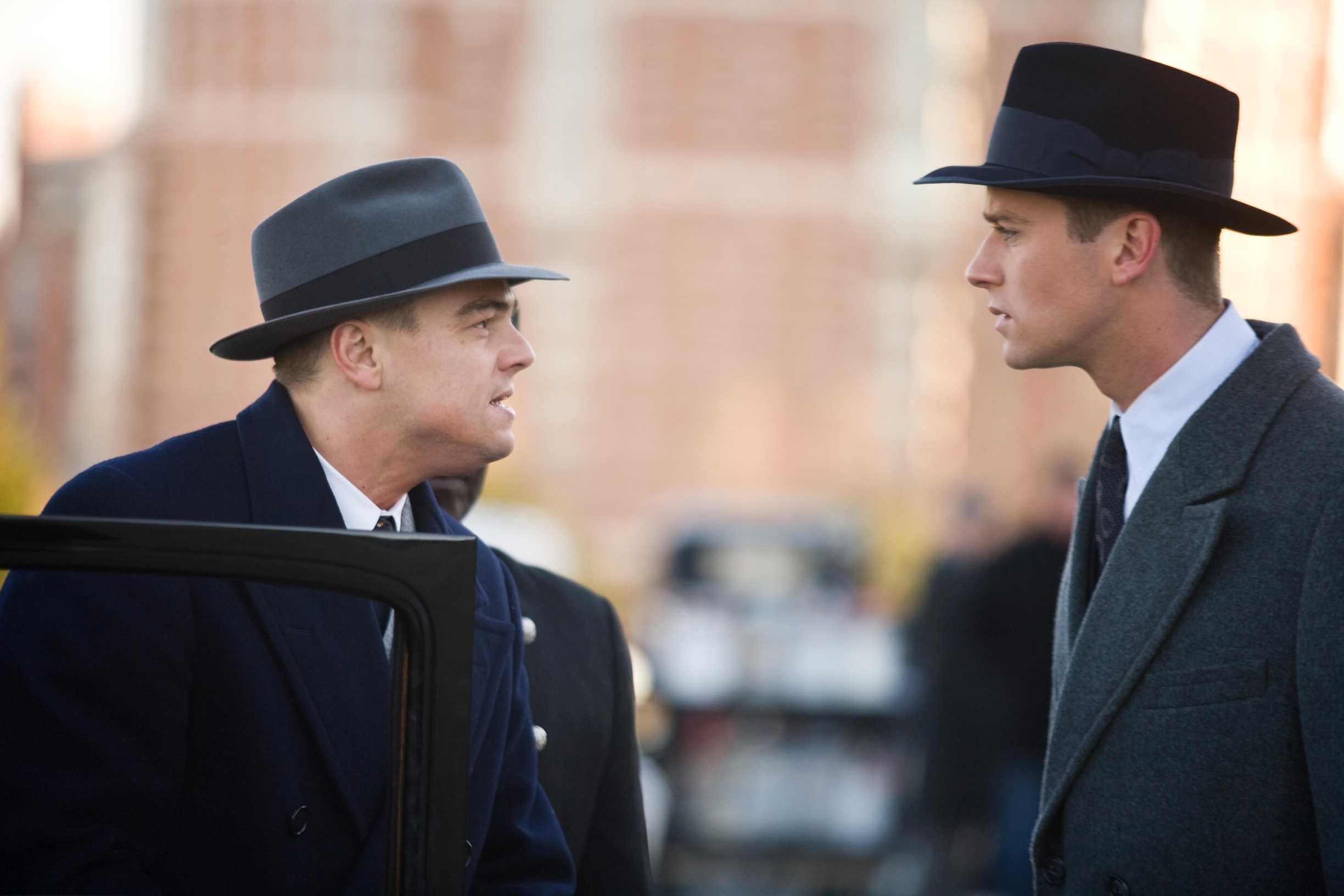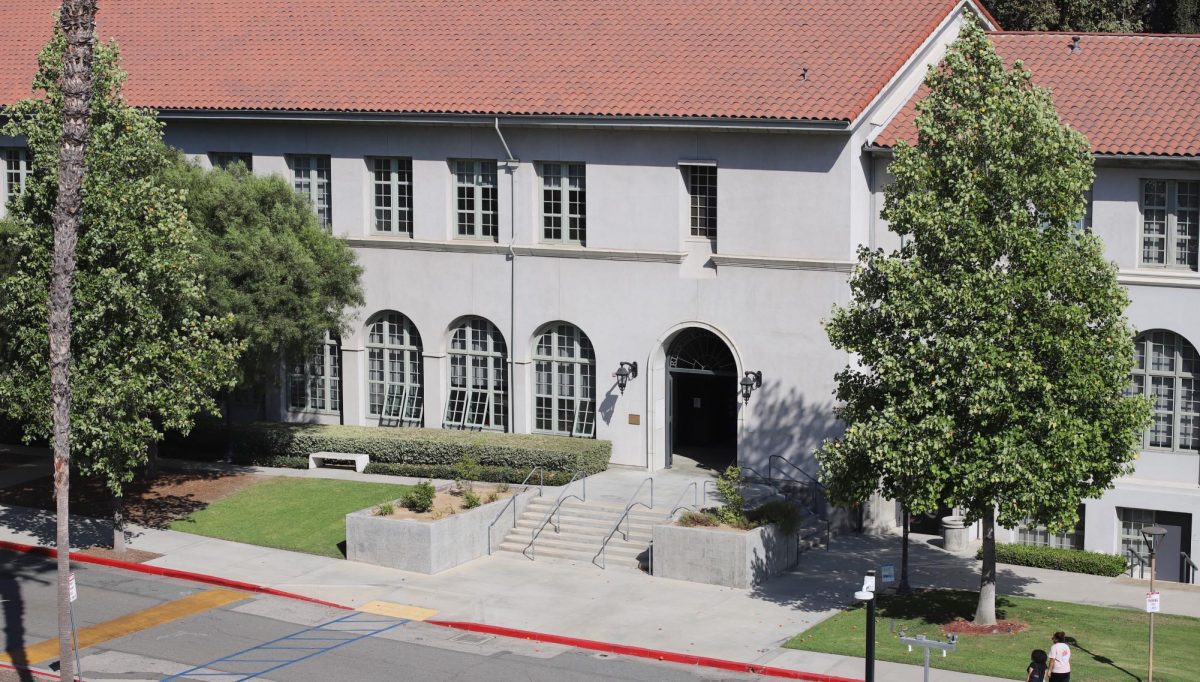By Ana Contreras / Staff Writer

A complicated life (Warner Bros. Pictures)
By Ana Contreras / Staff Writer
“J. Edgar” explores the public and private life of one of the most powerful, controversial and enigmatic figures of the twentieth century.
As the face of law enforcement in America for almost 50 years, J. Edgar Hoover, played by Leonardo DiCaprio, was feared and admired, reviled and revered.
But behind closed doors, he held secrets that would have destroyed his image, his career and his life.
Sounds good right?
It even looked good, from trailers and commercials and the involvement of Hollywood icons DiCaprio and Clint Eastwood would get anyone excited.
But the final product that is now “J. Edgar” falls way short of what it was promised to be.
Directed by Eastwood, “J. Edgar” gives life to the controversial figure who founded the Federal Bureau of Investigation, but not in the best way it could have been done.
Hoover was the founder of the FBI and its director from 1935 until his death in 1972.
It was the precursor of important events such as fingerprints and forensic laboratories, although it was rumored that Hoover stored secret archives of important personalities to harass and get money in return.
The film covers these facts and more over a period of more than three decades, making it more like a biography but with a movie schematic.
The problem with condensing a story that takes place over such a vast amount of time into two hours of a theatrical film, is that it can easily start to seem rushed.
And this film did.
It was too jumbled, its themes conflicting and the acting, at times, seemed staged despite the all star cast.
The film is backed by the producers of “300” and, like that movie, is based on the potential of technology to create impossible situations and scenarios and so at the very least, the film was visually stunning.
But a lot of films are these days and so there has to be something more than just graphics to hold a movie together, especially when that movie does not boast action sequences.
Far from the fantastic worlds of “300,” “J. Edgar” takes root in the testimonies and historical documents on the life of the first director of the FBI, again making it a biographical sketch.
The complexity of the film as well as Dicaprio’s performance, leaves viewers questioning the motive of the character and plot.
The plot of the film was less a plot and more like a synopsis throughout the whole movie.
Even with all these problems, the main issue here is the portrayal of the title character, John Edgar Hoover.
Since the story centers exclusively around the title character, this is a really big problem.
By the middle of the movie, the audience is left wondering whether this is about one of America’s foremost crime fighters, a man to be respected and backed no matter what means he used to get there, or a man who broke rules in order to protect his own turf and his own selfish motives.
Perhaps he was supposed to be a bit of both but the audience is never really sure whether to side with him or not, leaving them more confused than anything.
The film is rigid and dry, and though that tends to be Eastwood’s style of filming as seen in “Gran Torino” and “Million Dollar Baby,” those films possessed a heart that “J. Edgar” seemed to be lacking.
But then, J. Edgar himself seemed to be lacking that same heart.
The film was also weak in the relational areas, but then again, so was J. Edgar.
Even the presence of Judi Dench as Hoover’s domineering mother, and Armie Hammer and Naomi Watts as his longtime confidants couldn’t help the slow pace of the storytelling.
In the end, despite visuals, an interesting historical setting, and the Eastwood factor, which usually makes everything awesome, this attempt at making a major biopic about a major historical figure misses the target.






